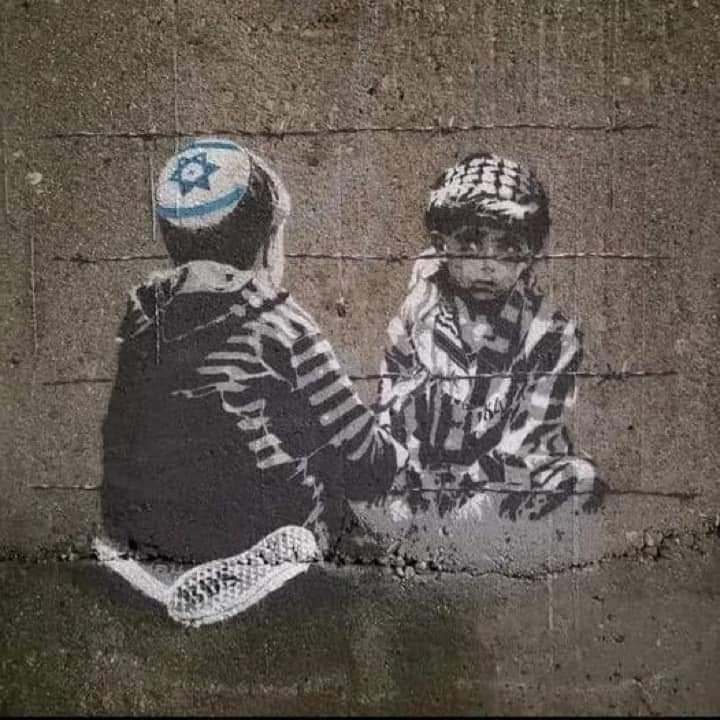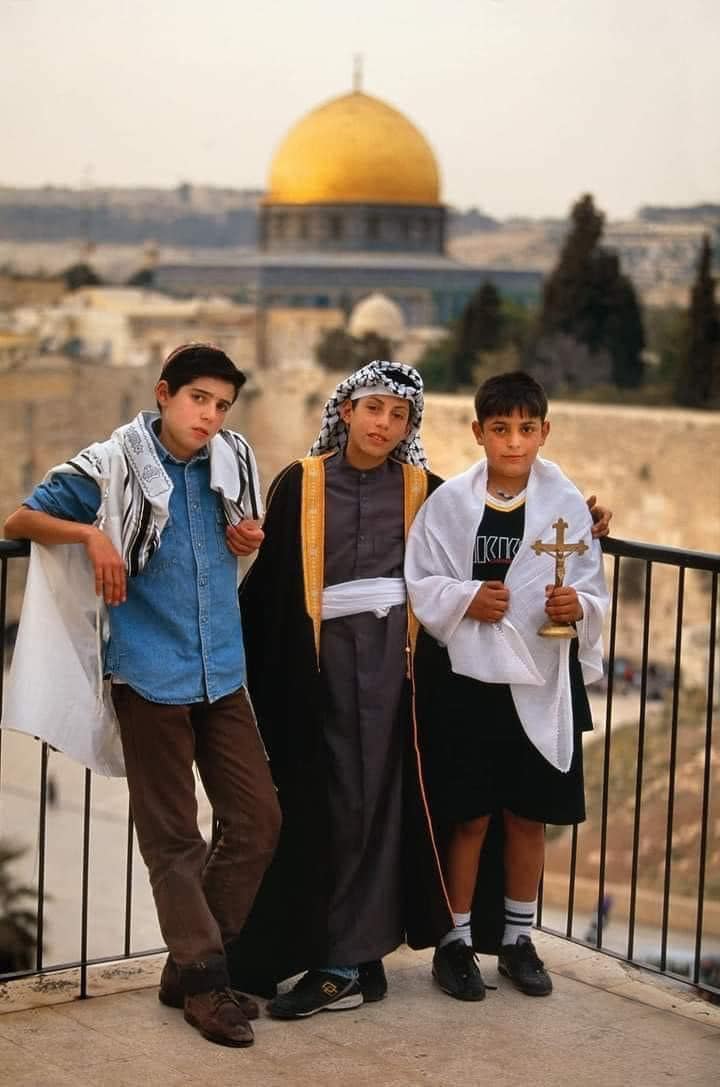Until there is peace in the world, I will continue to preach it; even if it means sounding like a broken record. This is hard to do especially when I myself feel the weight of hopelessness upon my heart.
In those times I think of Jesus standing in a synagogue filled with people whose knew a thing or two about oppression and the hopeless it brings. In that sacred space, Jesus read from the scroll of Isaiah reminding all who were listening that hope comes from the One God sent “to bring good news to the poor, deliver the captives, give sight to the blind, and free the oppressed” (Luke 4:17-21). As war and violence continue to plague our world, the prophetic words of Isaiah still echo throughout all time and space witnessing to God’s hope and salvation for all. Read: Isaiah 25:1-9
Isaiah knows this, and writes: "Lord, you are our God; we will exalt you and praise your name, for in perfect faithfulness you have done wonderful things, things planned long ago." (Isaiah 25:1).
Isaiah, who has witnessed the carnage of God’s people firsthand, chooses not to stand in fear but to lift up his heart in praise, exalting God. Isaiah knew what God had done. And he knows what God can do. (In the present situation, Isaiah looks at the past to see the future. It’s all interconnected because all life is interconnected to God.) When the overwhelming sense of hopelessness weighs on our heart, Isaiah reminds us that this is not the end. Evil and injustice does not have the final word. God does. So let us remember that our first inclination must be to see and exalt God’s glory in all things, because God has always been faithful to a fault. God was, is, and always will be the hope we can rely on, anytime and every time. I have a dear friend who lives outside of Tel Aviv. She, like so many others, has found herself in the space between bullets and bombs. She is restless, sleepless, and with each passing day of war has become a little more hopeless. A long time ago an ancient poet stood on the same bloodstain soil, and wrote: “I lift up my eyes to the hills-- where does my help come from? My help comes from the LORD, the Maker of heaven and earth” (Psalm 121:1-2). Despite how bleak a situation might seem, what God has set in motion, continues to remain in motion. We always have hope because God always remains faithful - not just to Israel but to all of God’s creation. And what does that hope look like? The prophet describes it like this, “the Lord Almighty will prepare a feast of rich food for all peoples, a banquet of aged wine—the best of meats and the finest of wines." (Isaiah 25:6)
Scripturally, a great feast is most often used as a metaphor to describe God’s promise. And the table is symbol of reconciliation and unity among all peoples.
The promise of hope that is given to Israel is paradoxically the same hope given to the Palestinians, and to all who call upon the name of the Lord. The revelation Isaiah gives us makes it very clear that God’s vision for creation isn’t war and bloodshed, but one of abundance and unity. While giving a message on hope and inclusion, Archbishop Desmond Tutu turned to Isaiah and envisioned a dream God had for the world. He wrote, “I have a dream,” God says. “Please help Me to realize it. It is a dream of a world whose ugliness and squalor and poverty, its war and hostility, its greed and harsh competitiveness, its alienation and disharmony are changed into their glorious counterparts, when there will be more laughter, joy, and peace, where there will be justice and goodness and compassion and love and caring and sharing. I have a dream that swords will be beaten into plowshares and spears into pruning hooks, that My children will know that they are members of one family, the human family, God’s family, My family.” Standing in the shadows of apartheid, Tutu reminds the world that “In God’s family, there are no outsiders.”
This is what our salvation looks like. It’s both personal and communal. For what God put in motion remains in motion.
The banquet table of Zion extends from the past through the present, and into the promised future. Which tells me hope is not something we have to wait for, it’s right here, in that space between what was and what will be. Just as God has always been involved in human history, Richard Rohr reminds us that “The one who can see the presence of God in each moment is never hopeless.” Today’s passage ends with a simple affirmation of trust and salvation. “This is the Lord for whom we have waited; let us be glad and rejoice in his salvation” (Isaiah 25:9). So, here’s the thing. Whatever situation you find yourself in be it terror attacks or personal attacks on your character God is there to meet you always ready to welcome and love you. I believe that wherever God’s love is present, so too is hope, peace, and salvation. And so, let love be the hope we cling to. Let love be the energy that binds us together. For Love is the power of God that redeems us back to God making all things new again. “Without love,” wrote Paul, “I am nothing” (1 Corinthians 13:2) We are called to love God, love others, and serve both. Which means we must welcome God’s love into our heart. And spread God’s love all around in all that we do - bearing the fruit of hope and peace and unity until there is war no more. This was the way of Jesus, the Christ, the manifestation of God’s love in the flesh. Out of great love for us, Jesus gave himself for us, making himself a sacrifice with his own body and blood to bring good news to the poor and oppressed, to open the eyes of the blind and to free the captives. If you want to see what God’s love looks like, you need to look no further than Christ who is in you and in all things. Believing this to be true, the Apostle John wrote, “Dear friends, let us love one another, for love comes from God. If we love one another, God lives in us and his love is made complete in us” (1 John 4:7-12). In the face of the Israel-Hamas war, and every war from Gaza to Ukraine to your own inner turmoil, let us always hold on to the hope found in God's deep and abiding love. If we are true to this love, I believe we can become agents of change in this war-weary world, carrying the good news, and being the good news, of God’s eternal and glorious salvation throughout Anamesa. For what God has set in motion, remains in motion, in us and through us, now and forever. Work Cited Bartlett, David L. and Barbara Brown Taylor, eds. Feasting on the Word, Year A Vol 4. (Louisville: Westminster John Knox, 2011).
0 Comments
Leave a Reply. |
Ian MacdonaldAn ex-copywriter turned punk rock pastor and peacemaker who dedicates his life to making the world a better place for all humanity. "that they all might be one" ~John 17:21“Prius vita quam doctrina.”
~ St. Thomas Aquinas (1225–1274) * “Life is more important than doctrine.”
Archives
June 2024
|

